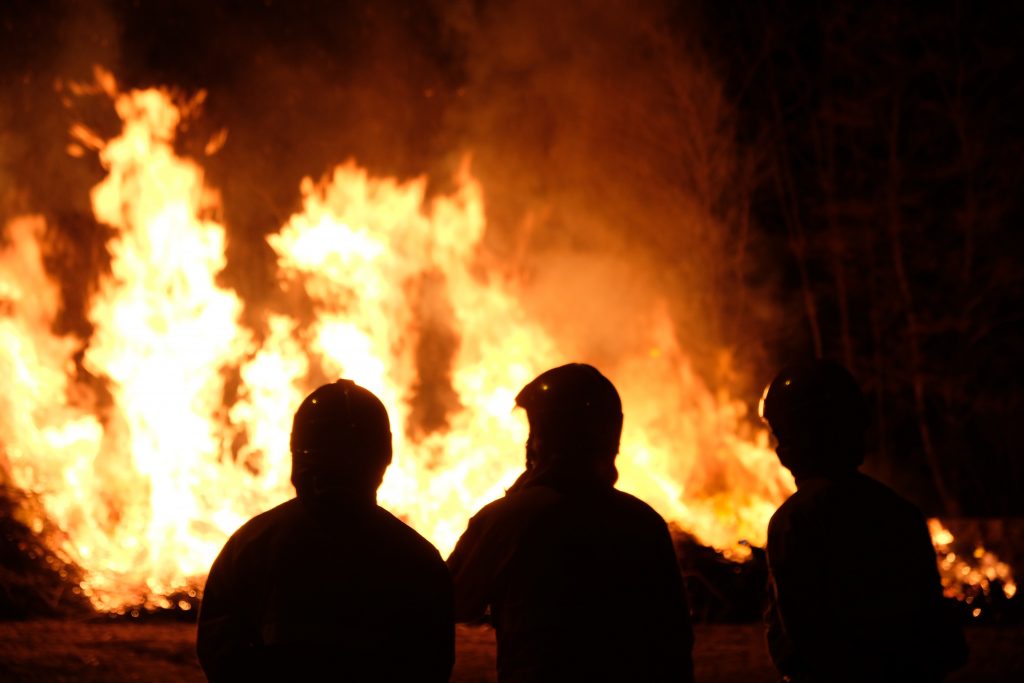Germany’s Bundeswehr Victim of a Series of Arson Attacks
On 1st January, several Bundeswehr light tactical vehicles were extensively damaged in an act of arson in the city of Leipzig. Seven Mercedes-Benz Wolf G-class vehicles were burned. German police conducted an investigation in order to find the perpetrators. The district where the vehicles were burned is well known to the police due to the activities of various radical left-wing organizations.
Acts of political violence in Germany tend to happen far more often than in other places in Europe. German police recently warned of the threat posed by the far-left organizations, especially after the events of January 2020, when the police themselves engaged in a street battle with radicals in Leipzig.
On 11th January, another act of arson took place, this time in Braunschweig, Lower Saxony. 10 vans of the local ministry of the interior were destroyed in an attack on an asylum center. The Lower Saxony authorities say that a left-wing group claimed the responsibility for the attack.
Boris Pistorius, Lower Saxony’s interior minister, told the press that the far-left scene in Germany was experiencing a strong radicalization and was developing into a terrorist structure.
From 2012 to 2017 the number of crimes with a political background conducted by German leftists swelled by 88%. The rise of right-wing populist, such as the AfD party, was one of the causes for such development of the local political scene. On the other hand, the spread of neo-nazism and radicals on the far right caused problems of its own. The elite KSK unit had to be partially dissolved due to operators’ links with radical groups.
Concerns over German internal security are on the rise and questions will be asked of the federal government’s administration if the unrest across German’s political spectrum continues. The German government will have to act decisively to stop the spread of radicalism.

